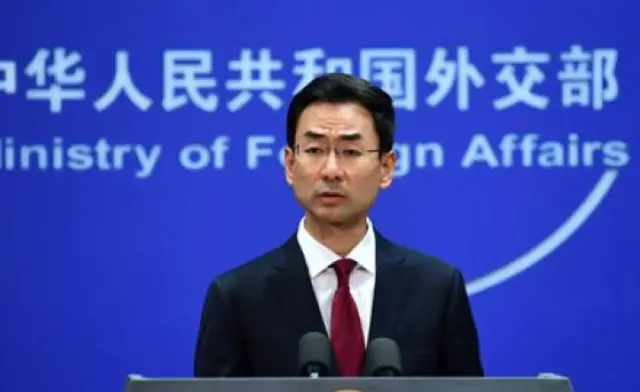British prime minister Theresa May spoke to the need for new regulations on the internet to combat extremism, following Saturday's terror attack in London.
On Saturday evening, three attackers used a van to ram pedestrians on London Bridge, and proceeded to drive to Borough Market, where they attacked civilians with knives. The attacks left seven people dead and 48 injured in the span of eight minutes before the three attackers were killed by police.
“We cannot allow this ideology the safe space it needs to breed,” May said outside of 10 Downing Street this morning, “yet that is precisely what the internet, and the big companies that provide internet-based services provide.” She went on to say the UK needed undertake new efforts at home, and reach new international agreements with other countries to help “deprive the extremists of their safe spaces online.”
May announced that the attackers were Islamist extremists, but that British authorities haven’t found a common link between last night’s attackers, and the perpetrators behind the attacks at Westminster Bridge in March, and the concert bombing in May. She characterized the incident as a “new trend in the threat we face,” in that attackers are copying the methods of similar attacks. Vox points out that this puts the UK in a “counterterrorism nightmare,” because the attacks are not only difficult to prevent, but because it’s also almost nearly impossible to disrupt the flow of information about the attacks, especially if the attackers aren’t directly linked to one another.
This isn’t the first time that May has made calls to regulate internet behavior. In 2012, then-Home Secretary May drafted a bill that would force internet service providers to retain user data for up to a year. That bill was blocked, but she worked to introduce similar legislation in subsequent years. Last month, her Conservative Party included its intent to enact internet regulations that are designed to combat online extremism and to protect the public from abusive and offensive materials.
Companies such as Facebook, Twitter, YouTube, and Microsoft have ramped up their efforts to combat hate speech online, according to a European commission, although many are still lagging behind their stated commitments. Last month, the European Council approved a set of proposals that will require such companies to block videos containing hate speech and extremist recruiting efforts, while Germany is considering even stiffer penalties for companies that fail to remove hate speech.
(TECHCRUNCH)
 简体中文
简体中文



